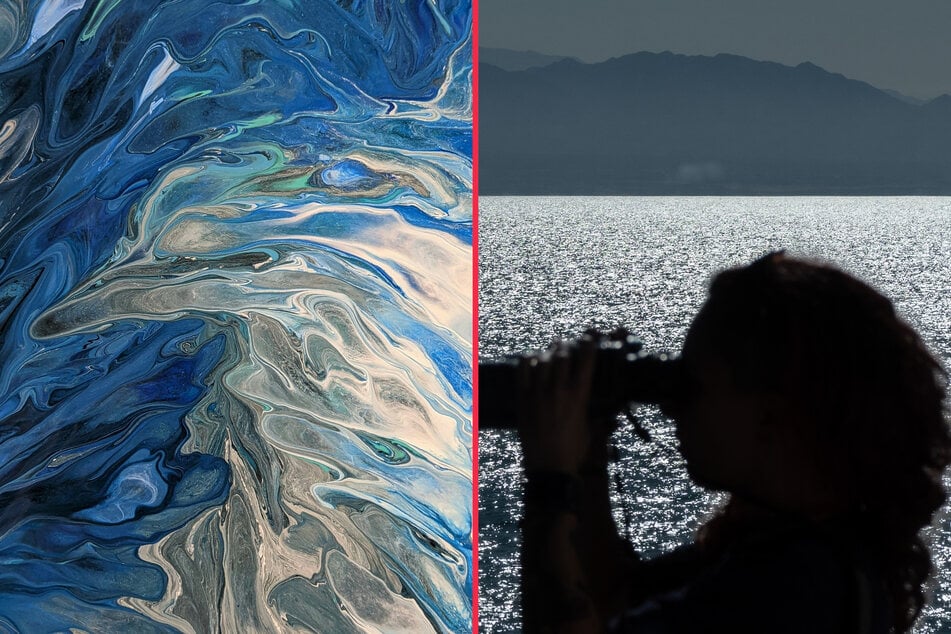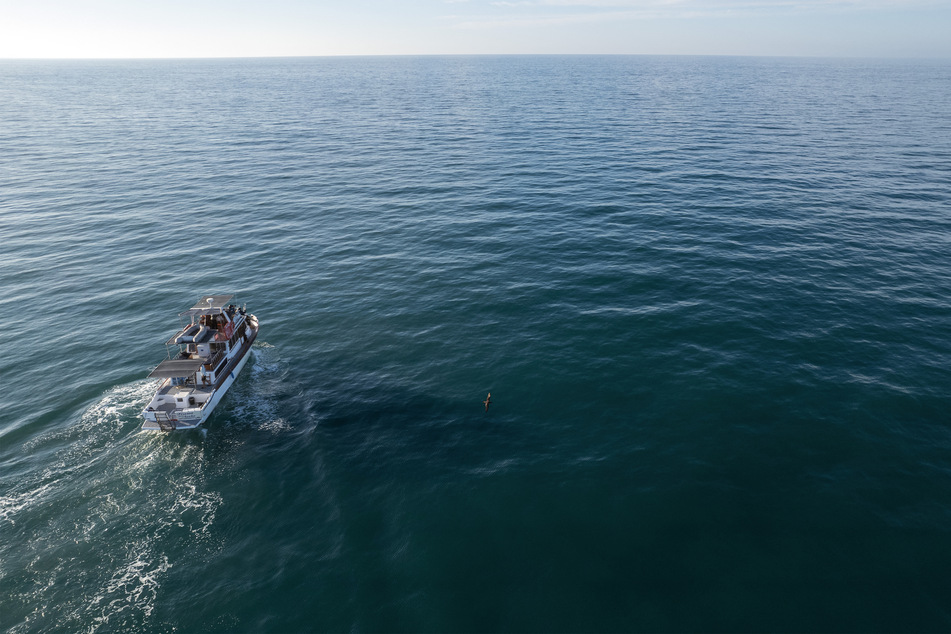Scientists sound extinction alarm for critically endangered porpoises in Gulf of California
Mexico City, Mexico - The endangered vaquita porpoise is sitting at the edge of extinction, threatened by fishing nets and climate change. Now, with only six to eight individuals detected in the last year, that extinction seems imminent.

Each year, experts gather to take to the sea, searching for one of the most endangered creatures on Earth. Last year, on an expedition from May 5 to May 26, they found between 10 and 13 individuals – now there are less than 10.
While this year's search was admittedly less extensive than last year's, conservation group Sea Shepherd revealed in their report that they only sighted around six, with no recently born calves seen. This is the lowest number ever recorded.
Many of the vaquita porpoises sighted both this year and last year were found outside the species' exclusive protection zone. This year's drop could be due to searches only being conducted within the area.
"We found it very likely that no calves were seen, one yearling was seen, and there was a 75% probability that the total number of different individuals seen was between 6 and 8," the report stated. "All individuals sighted in 2024 appeared to be healthy."
Barbara Taylor, who led the survey, said that the discovery was "worrisome" but also admitted that there is still hope, as "the area surveyed represents only 12% of the total area where vaquitas were observed in 2015."
"We just need to go out and find out whether the vaquitas have moved someplace else and adapt the management accordingly," she said. "Since vaquitas move freely within the vaquita refuge, we must extend the survey using acoustic detection to determine where the vaquitas are going."
Difficulties of researching porpoises

The vaquita is the world's smallest porpoise, and is regularly described as "shy." Such a combination makes it hard for scientists to find them, as they have to rely on powerful binoculars and acoustic monitoring.
Part of the detection difficulties involve the removal of acoustic monitoring equipment by local fishermen. The report admitted that the method will only be of limited use ,"unless enforcement of the fishing ban is effective and the theft of equipment is stopped."
Earlier this year, Mexico faced sanction from the Washington Convention (CITES) over its failure to protect the endangered vaquita porpoise. The Center for Biological Diversity's Sarah Uhlemann told the Associated Press that "all other efforts to prompt Mexico to save the vaquita have failed."
Action from officials in Mexico and firmer crackdowns on illegal fishing nets are seen as one of the few ways that research on vaquita porpoises can become more effective and, ultimately, conservation efforts can take place.
Cover photo: Collage: Unsplash/Susan Wilkinson & Guillermo Arias/AFP